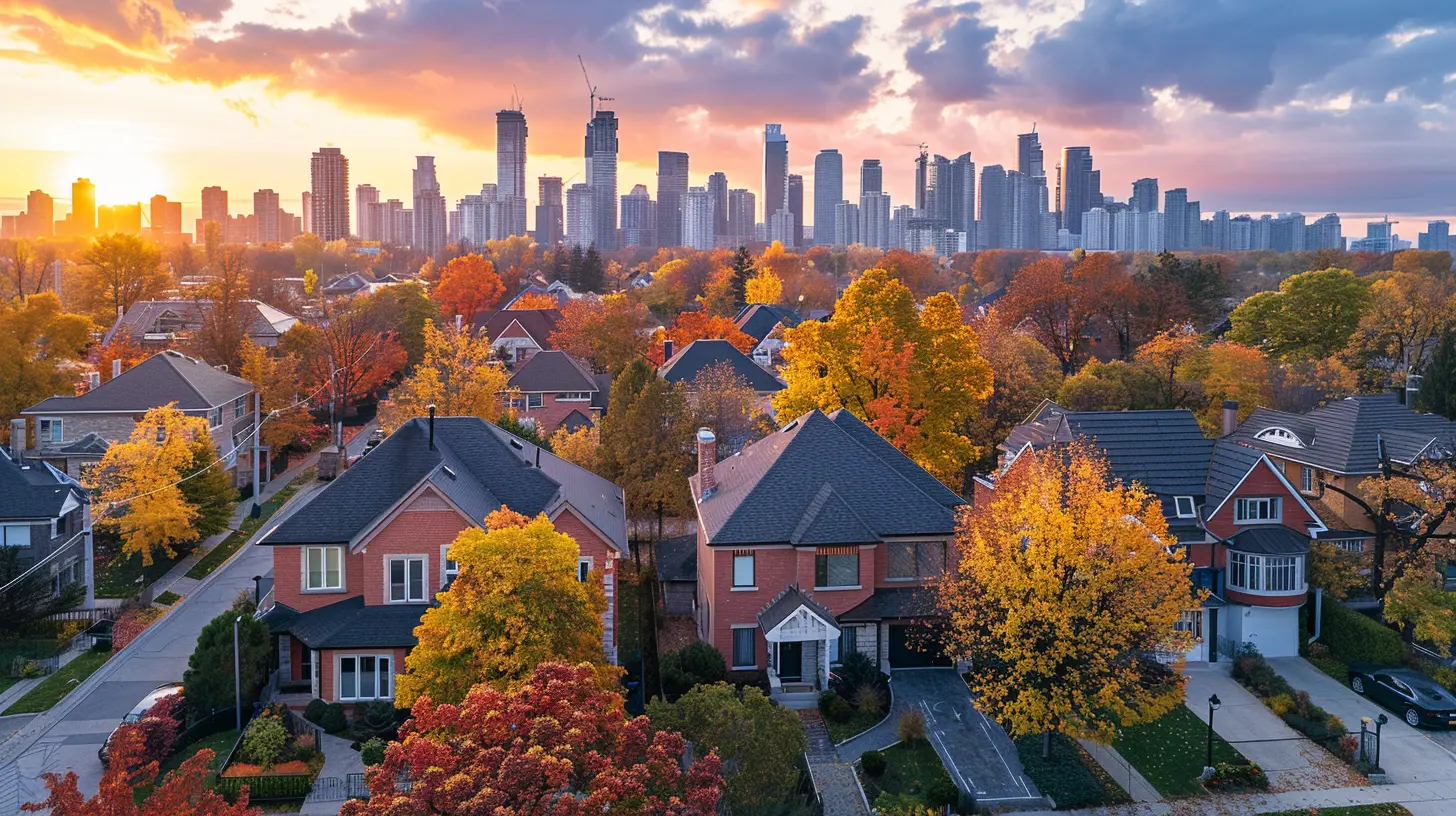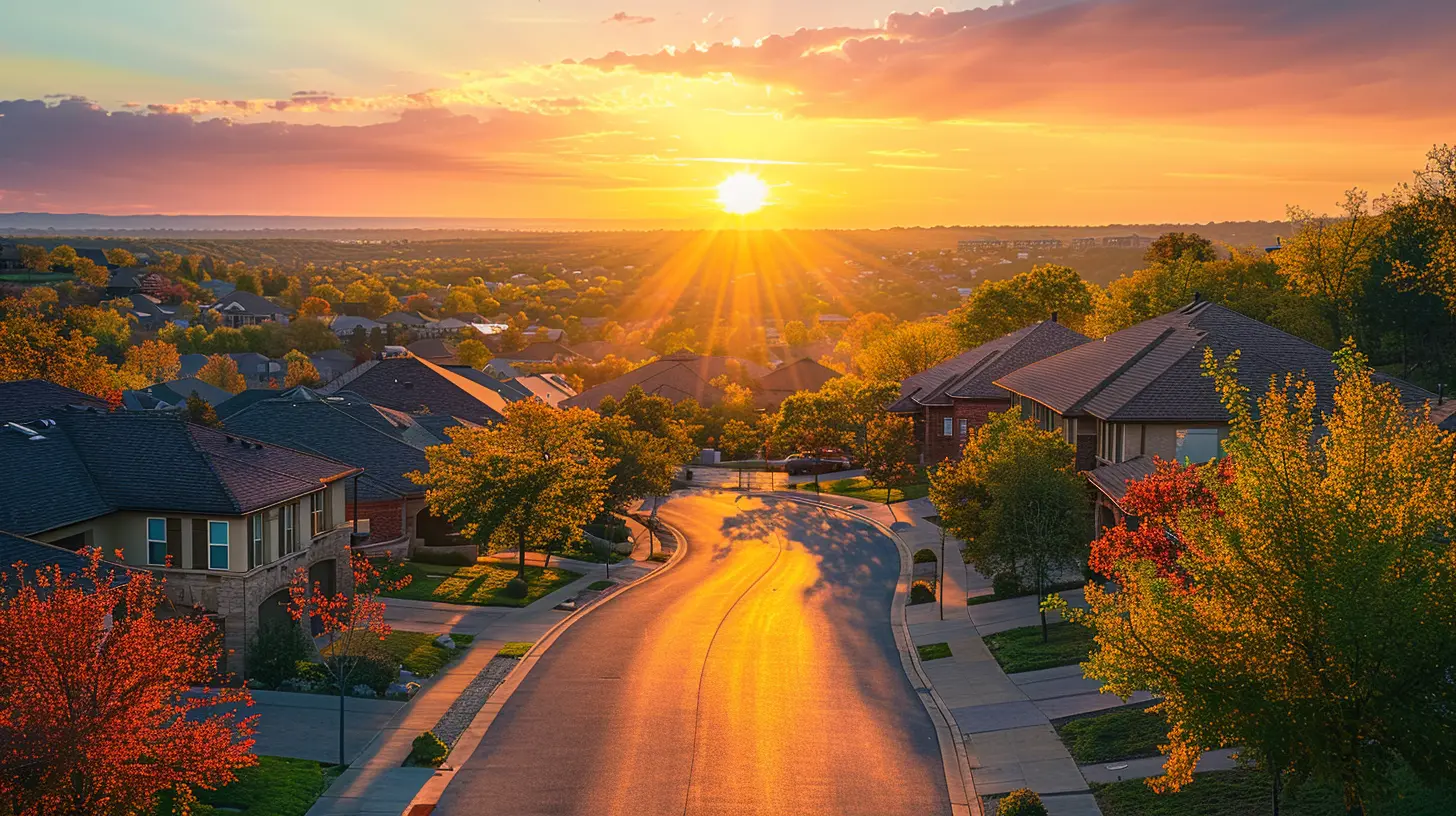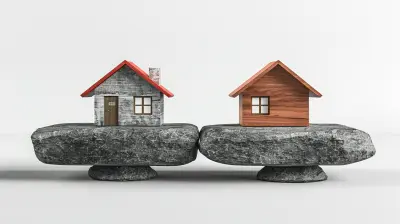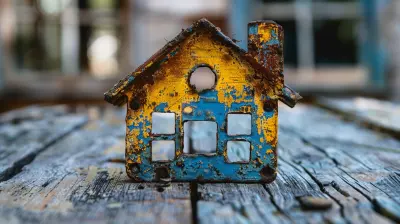1 December 2024
Let’s be real for a second—talking about the real estate market can sound about as exciting as watching paint dry. But when it’s YOUR money and future on the line, suddenly, it’s the hottest topic in the room, right? You’ve probably heard terms tossed around like "boom" or "bust" in real estate, but what does it all mean? Is it time to dive in headfirst, or should you be clutching your wallet and waiting on the sidelines? Grab a cup of coffee (or maybe something stronger), and let’s break it all down in plain, human-speak.
What Are Real Estate Market Cycles Anyway?
Think of the real estate market cycles like the seasons in a year. Instead of spring, summer, fall, and winter, you’ve got four phases in real estate: recovery, expansion, hyper-supply, and recession. Sounds fancy, right? It’s just a pattern the market keeps repeating, kind of like your favorite Netflix series that keeps going (even when it probably should've stopped three seasons ago).Here’s the gist of each phase:
- Recovery: The market’s picking itself up after a nasty fall (hello, recession). Prices are low, demand is meh, and everyone’s cautiously optimistic.
- Expansion: Here comes the fun stuff! Demand grows, prices climb, and cranes pop up everywhere with new construction projects.
- Hyper-Supply: The market gets a little too full of itself. Developers overbuild, demand slows, and inventory is left sitting around like leftover pizza.
- Recession: Uh-oh. Prices sink, demand flatlines, and everyone starts whispering the dreaded word: “bust.”
It’s a cycle as old as time, or at least as old as the modern real estate market. The trick is figuring out where we are today and what comes next.
Where Are We Now? Boom or Bust?
Good question! And if I had a crystal ball, I’d be texting you straight from my private island. But since I don’t (yet), let’s take a closer look at the current landscape.1. Home Prices Keep Rising, But for How Long?
Does anyone else feel like you need to sell a kidney to afford a house these days? Home prices in many markets are soaring to breathtaking heights. But here’s the catch: they can’t keep climbing forever. (Gravity exists, even for housing prices.) Some experts warn we might already be teetering on the edge of a bubble. Others argue there’s still room to grow because demand is high and supply is about as scarce as finding matching socks in your laundry basket.2. Mortgage Rates Are Playing Hardball
Remember last year when mortgage rates were the equivalent of a warm hug? Those days are over, my friend. Rates have been creeping higher lately, making it pricier to finance that dream home—or even a fixer-upper. So, while demand hasn’t vanished completely, the rising cost of borrowing is definitely putting a damper on things.3. Supply Chain Drama and Labor Shortages
If you’ve tried to build or renovate a home recently, chances are you’ve spent more time talking about lumber prices than your favorite TV show. Supply chain bottlenecks and labor shortages have made new construction slower and more expensive than ever. And if you think that doesn’t impact the real estate cycle, think again. Fewer new homes = limited inventory. Limited inventory = higher prices. See where I’m going with this?
Signs of a Boom (Spoiler: It’s Not All Roses)
What does a boom look like anyway? Picture this: homes flying off the market in days, bidding wars that feel like gladiator battles, and sellers grinning all the way to the bank. Sounds fun, right? Sure, if you’re a seller. But for buyers, it can feel like trying to win concert tickets in a crowded online queue.Think We’re Booming? Look for These Clues:
1. Skyrocketing Home Prices: If prices are climbing faster than you can refresh Zillow, it’s a pretty good sign we’re in (or nearing) a boom.2. Low Inventory: If listings are scarcer than toilet paper in 2020, demand is outpacing supply.
3. FOMO Buyers: When people are buying just to "get in now before prices go higher," that screams boom vibes.
But don’t pop the champagne just yet—because booms can have a dark side. If prices rise too quickly, it can create a bubble. And you know what happens to bubbles, right? (Pop. Very messy. Very unpleasant.) 
Signs of a Bust (Don’t Panic Just Yet)
Let’s not sugarcoat it—a bust can be brutal. Home prices drop, foreclosures spike, and everyone who overpaid during the boom suddenly starts sweating bullets. But before you whip out your “end is near” sign, remember that busts aren’t always catastrophic. Sometimes it’s more of a market “reset” than a total apocalypse.Warning Signs of a Bust:
1. Surging Inventory: Too many homes on the market can be a red flag. It means buyers are taking a breather, and prices could cool fast.2. Falling Prices: If sellers start slashing prices like it’s Black Friday, buckle up.
3. Spike in Foreclosures: This is one of the more sobering signs of a bust. When people can’t keep up with their mortgages, the market falters.
How to Make Moves in Any Market
Here’s the secret nobody tells you: whether it’s a boom or bust, there are opportunities if you play your cards right. The trick? Staying informed and making decisions based on YOUR situation—not what the headlines are screaming.If We’re Headed for a Boom:
- Sellers: Time to shine! This is your moment to cash in on all that equity. But don’t get greedy—price your home realistically to ensure it sells.- Buyers: Be strategic. Avoid overpaying just because you’re caught up in the frenzy. Remember, what goes up... might come down.
- Investors: Watch for properties in up-and-coming areas where prices haven’t peaked yet.
If We’re Headed for a Bust:
- Sellers: You’ll need patience and likely some price flexibility. Highlight your home’s best features to stand out.- Buyers: Bargain-hunting time! A slower market often means better deals and less competition.
- Investors: Keep your eye on distressed properties or foreclosures that could be turned into long-term investments.
The Role of Emotion (and Why You Should Ignore It)
Let’s face it—real estate decisions are emotionally charged. After all, buying or selling a home isn’t just about dollars and cents; it’s about dreams, memories, and a whole lot of late-night Zillow scrolling. But here’s the thing: letting emotions drive your decisions is like letting your pet steer the car (cute idea, terrible execution).Stay grounded. Look at the numbers, research your local market, and never let fear or greed dictate your next move. Because whether it’s a boom, bust, or something in between, a little strategy goes a long way.
Final Thoughts
So, are we heading for a boom or bust? Honestly, the answer depends on who you ask, where you are, and what your goals are. The real estate market isn’t some one-size-fits-all puzzle—it’s complex, it’s local, and it’s always changing. But one thing’s for sure: understanding these cycles can help you make smarter decisions, whether you’re buying your first home, selling an investment property, or just dreaming about your future mansion with the infinity pool.At the end of the day, the best advice is simple: stay informed, stay flexible, and always have a Plan B. Because in real estate (and life), cycles are inevitable—it’s how you ride them that matters.












Upton Reed
Great article! It's fascinating to explore the dynamics of real estate market cycles. Whether we're heading towards a boom or bust, your insights provide valuable guidance for both buyers and sellers. Keep up the excellent work!
February 7, 2025 at 9:40 PM